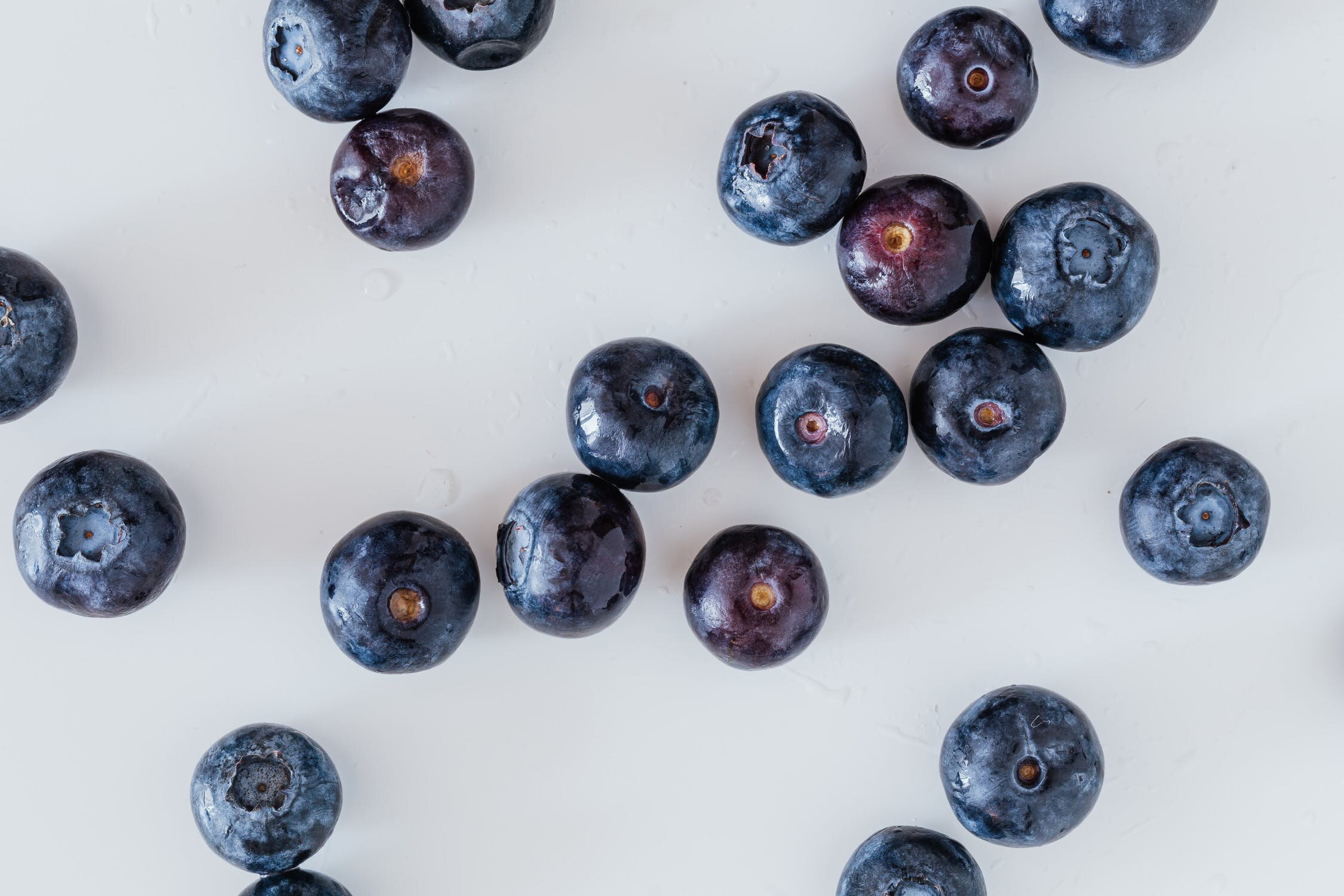Antioxidants + Fertility. Why you're taking them, and how to do better.
Antioxidants have gained a place on the shelf of fertility supplements. They play an important role, but by better understanding why we’re taking them, we can take action to amplify their impact.
Antioxidants 101
Or rather, free radicals 101. I know this was supposed to be about antioxidants, but we can’t understand antioxidants without first understanding free radicals.
A free radical is an unstable molecule, which tries to steal an electron from another molecule in order to become stable. We make these free radicals all day, through normal metabolic processes, exposure to different substances or just from exisiting different states of being. A few free radicals are fine and are important for cellular communication.
However when free radicals are left unchecked and accumulate they can be harmful to the health of cells in terms of growth, development and survival. This damage to the cells, is known as oxidative stress. Quick reminder - what are sperm and eggs? Just another type of cell. Oxidative stress to our cells means oxidative stress to the sperm and eggs.
So how do we protect our cells from this oxidative stress…?
Enter, antioxidants.
Finding the balance.
Antioxidants neutralise free radicals to minimise oxidative stress. The more free radicals, the more antioxidants it takes to neutralise them. Finding this balance is like trying to balance a seesaw with an off centre pivot point - the seesaw wants to tip. Keeping those free radicals at bay is hard work.
Practical tools to create a fertility protecting balance.
1. Decrease formation of free radicals
If you have fewer to neutralise, it's easier to do. Our body will always make a number of free radicals, but there are plenty of lifestyle decisions that increase those numbers. We can't control everything, but we should take control where we can.
1. Hit pause on partying: Smoking and alcohol are two major contributors to the accumulation of free radicals.
2. Eating organic: Pesticides may induce oxidative stress leading to generation of free radicals.
3. Exercising gently: Over-exercising triggers the body's immune response causing immune cells like macrophages to produce free radicals.
4. Limit processed sugar: The mitochondria within our cells use glucose to make energy. A byproduct of this process is free radical production. High sugar intake leads to higher generation of free radicals.
2. Eat your Antioxidants
Want to increase your antioxidants? Consider your nutrition. Think plants. Vegetables, fruit, seeds, nuts. Consider searching out foods high in vitamin C, E and beta-carotene, all three are powerful antioxidants.
Vitamin C - fruit, especially berries, kiwis, citrus.
Vitamin E - oils like in avocado, nuts and seeds
beta-carotene - think red and orange, carrots, apricots, sweet potato (aka kumara for all my kiwis). A note on supplementation - beta carotene is a precursor to Vitamin A. Don’t supplement with vitamin A without medical guidance.
3. Pull out the big guns. Ubiquinol for egg and sperm health.
All men and women TTC in the 34-35 plus age bracket, or anyone going through an IVF/ICSI protocol, or men with poor sperm analysis should most definitely consider ubiquinol, or it’s precursor, CoQ10. We make this incredible antioxidant, but our production decreases as we age.
Research from 2018 compared IVF cycle results for women who took a CoQ10 protocol and those who didn’t. What they found is huge - statistically higher egg yields, higher embryo quality, more embryos to freeze and fewer cancelled cycles in the CoQ10 group. Essentially, CoQ10 was found to have a positive impact on egg maturation and egg quality. We can reasonably assume these results to be consistent outside the ART lab.
And - it’s not just for men. Research also demonstrates that sperm count and motility are improved by ubiquinol supplementation.
4. Shut down at night
Melatonin is an important hormone, most commonly associated with it’s impact on maintaining our natural night-day rhythms to support sleep patterns. A highly underrated function is its role as an antioxidant. Research shows it is more effective than both vitamin C and Vitamin E, in terms of neutralising free radicals, and a causal relationship between melatonin levels and egg quality has been established.
So how can we get more melatonin? Melatonin is produced at night by the pineal gland in the brain. When we are subjected to blue light, like the sun, our brain shuts down melatonin production to keep us awake. Problematically, the blue light on our phone is enough to trick our brain into shutting down melatonin production. Quite simply, we can make more melatonin by avoiding our phones after dark, or considering a blue light blocking lens.
Night owl? You can read more about how to stop your device use messing with your melatonin production.
A note on supplementing with melatonin: Not recommended. Melatonin also plays a role in regulating our natural menstrual cycle. The exception exists for women going through a IVF protocol with a controlled cycle.
Think free radicals, not antioxidants
The take away point here is that our antioxidant use is only part of the equation. Free radicals down, antioxidants up.
Trying to conceive and want to read more? Check this out




